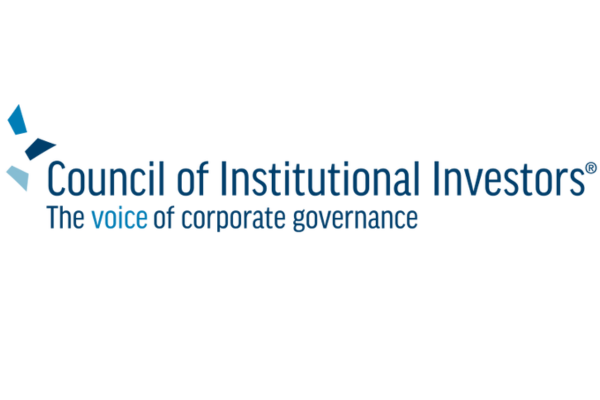Report Highlights Actions to Accelerate System-level Investing<
One year after TIIP published its book on the field of system-level investing, 21st Century Investing: Redirecting Financial Strategies to Drive Systems Change, interest in using investments to mitigate market-spanning systemic risks continues to grow. Yet more needs to be done to help investors successfully adopt system-level strategies and to bring the approach to the mainstream.
Today TIIP released a new report, Approaching the Tipping Point: Recommendations for building the marketplace for system-level investing, to help answer some of investors’ biggest questions around the implementation of system-level investing. It finds that many investors want to do something to manage systemic social and environmental challenges and are familiar with system-level investing as a concept, but many struggle to implement strategies in practice.
The report focuses on actions investors and other market participants can take over the next two to five years to quickly equip the financial industry with tools and strategies to manage existing systemic social and environmental challenges and drive broader industry transformation.
The report’s recommendations are informed by a survey of nearly 100 investors and other industry stakeholders and a series of detailed focus groups and interviews that posed three fundamental questions:
- Do asset owners, intermediaries, and other financial industry stakeholders understand what system-level investing is?
- Are they ready to adopt system-level investing approaches?
- What is the path forward for the financial industry and toward industry transformation?
The work was supported by Humanity United and the UBS Optimus Foundation, two organizations that recognize the urgency of addressing systemic social challenges and the importance of investors’ leadership in the transition to a sustainable economy.
FundFire: Focusing Solely on Net-Zero Targets Ignored Broader Threats
Writing in FundFire, TIIP CEO William Burckart argues that the growing commitments from asset owners and managers are a crucial step toward stopping climate change, but will not make a difference without concerted action to mitigate broader systemic environmental and social risks to market performance. Investors are already starting to undertake these system-level investing strategies and others should follow their lead.



